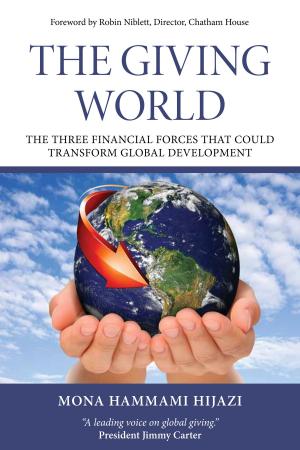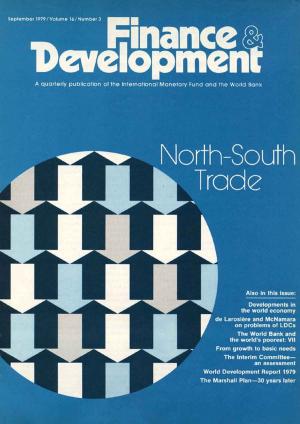| Author: | Lauri Elliott | ISBN: | 9780983301578 |
| Publisher: | Conceptualee Publishing | Publication: | October 28, 2011 |
| Imprint: | Smashwords Edition | Language: | English |
| Author: | Lauri Elliott |
| ISBN: | 9780983301578 |
| Publisher: | Conceptualee Publishing |
| Publication: | October 28, 2011 |
| Imprint: | Smashwords Edition |
| Language: | English |
Are you looking for alternative streams of revenue for your business, low-hanging-fruit opportunities, and better profit margins? According to McKinsey, a dozen or so emerging economies will collectively have an annual GDP of more than 20 trillion USD by 2020, exceeding that of the United States. In 2015, developing economies will account for more than half of the world’s annual GDP. And the largest consumer markets of the next generation can be found in emerging markets like China, India, and Africa. With figures like these, “going global,” particularly to emerging markets can present the opportunities for which you are looking.
As markets in developed countries stagnate, slow, dwindle, or reach saturation, companies are looking for new horizons to sustain them in the next generation economy. This is no less true for entrepreneurs and SMEs. While going global has become a business imperative and entrepreneurs and SMEs look for new opportunities like larger firms, questions arise around how? How do we go global? How do we tap into markets far away with limited resources? How will going global make a difference? How long should we wait before going global?
Going Global on a Dime answers the “how” of going global from both a strategic and practical approach, focusing on new and existing firms considering or just starting the going global process. It re-wires the framework for going global so firms can navigate the course dynamically while minimizing costs, managing and maximizing cash flow and return on investment, streamlining processes, and keeping the “small” firm ready to take advantage of profitable opportunities.
Are you looking for alternative streams of revenue for your business, low-hanging-fruit opportunities, and better profit margins? According to McKinsey, a dozen or so emerging economies will collectively have an annual GDP of more than 20 trillion USD by 2020, exceeding that of the United States. In 2015, developing economies will account for more than half of the world’s annual GDP. And the largest consumer markets of the next generation can be found in emerging markets like China, India, and Africa. With figures like these, “going global,” particularly to emerging markets can present the opportunities for which you are looking.
As markets in developed countries stagnate, slow, dwindle, or reach saturation, companies are looking for new horizons to sustain them in the next generation economy. This is no less true for entrepreneurs and SMEs. While going global has become a business imperative and entrepreneurs and SMEs look for new opportunities like larger firms, questions arise around how? How do we go global? How do we tap into markets far away with limited resources? How will going global make a difference? How long should we wait before going global?
Going Global on a Dime answers the “how” of going global from both a strategic and practical approach, focusing on new and existing firms considering or just starting the going global process. It re-wires the framework for going global so firms can navigate the course dynamically while minimizing costs, managing and maximizing cash flow and return on investment, streamlining processes, and keeping the “small” firm ready to take advantage of profitable opportunities.















